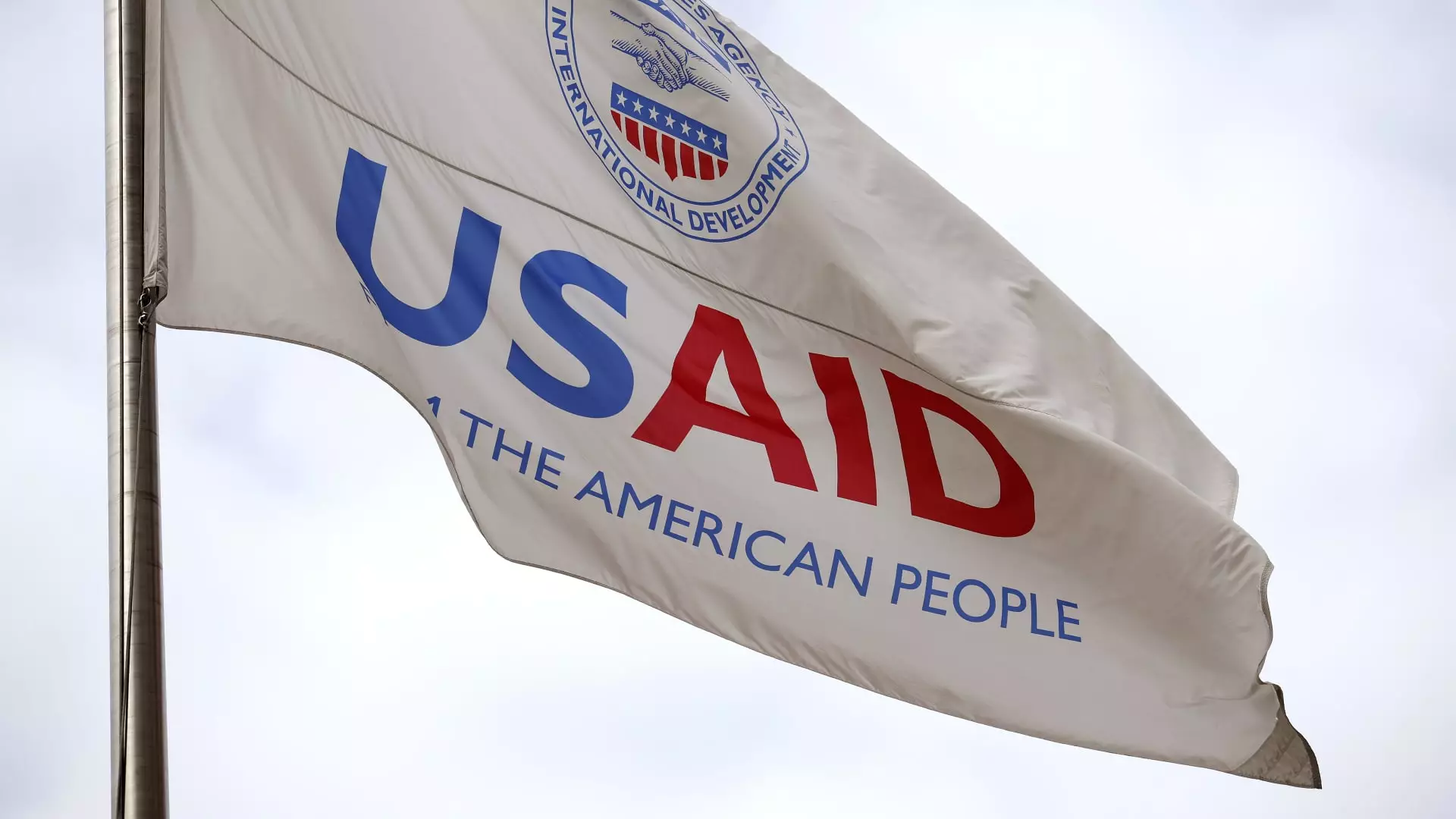The recent termination of three U.S. aid workers while they were on the ground in Myanmar highlights a grim reality—American humanitarian efforts are being eroded at a time when they are desperately needed. These workers found themselves trying to navigate the wreckage of a devastating earthquake, only to face job losses that are shockingly counterproductive. The situation exemplifies the alarming trajectory of U.S. foreign aid under the current administration, which seems to prioritize budget cuts over vital human assistance. Reports indicate that the three employees were dismissed amid sweeping restructuring in the U.S. Agency for International Development (USAID), a move prompted by the administration’s misguided focus on “efficiency” that stings of a troubling indifference toward global humanitarian crises.
Demoralization Amid Desperation
Marcia Wong, a veteran official formerly with USAID, poignantly illustrates the demoralization that such terminations breed. With the threat of job loss hanging over them in the middle of a catastrophe, how can anyone expect these workers to maintain morale during their noble mission? They not only face the immediate challenges of providing crucial aid in a chaotic environment but now must also process the emotional toll of their job security being stripped away. In an environment where the stakes are incredibly high, it’s almost surreal and unconscionable that these courageous individuals would be laid off, effectively eviscerating a critical component of the emergency response efforts.
A Troubling Comparison
In stark contrast to the U.S.’s retreat from comprehensive humanitarian support is the blitz of assistance pouring in from countries like China and India. While these nations mobilize their resources to aid Myanmar’s grieved populace, the U.S. response is being hampered by bureaucratic retrenchment and ideological stubbornness. The Trump administration’s cuts to USAID appear less about genuine fiscal responsibility and more about stripping back a framework that has historically positioned the U.S. as a leader in global humanitarian efforts. Recent rhetoric from Secretary of State Marco Rubio attempting to deflect criticism about the U.S. response being slow due to operational difficulties underlines the administration’s troubling retreat from moral responsibility.
Reckless Efficiency Over Humanitarian Duty
The dismissal of these aid workers isn’t merely a bureaucratic maneuver; it is emblematic of a larger ideology that sees social welfare and humanitarianism as expendable. The idea that efficiency can ever take precedence over human lives and humanitarian needs is a dangerous ideology. The former officials’ warnings that resignations and terminations have gutted the very people responsible for coordinating these critical responses should serve as a wake-up call. The retreat from the frontlines of international aid signals a troubling shift towards prioritizing short-term gains over long-term humanitarian commitments.
In a world where crises are frequent and compounded by political discord, the retreat from U.S. engagement will have grave repercussions. The emphasis on slashing budgets and dismantling agencies designed to respond to disasters ultimately sacrifices lives and jeopardizes international goodwill. If this trend continues unchecked, the U.S. risks losing its station as a global humanitarian leader at a time when the world needs that leadership more than ever.

Leave a Reply